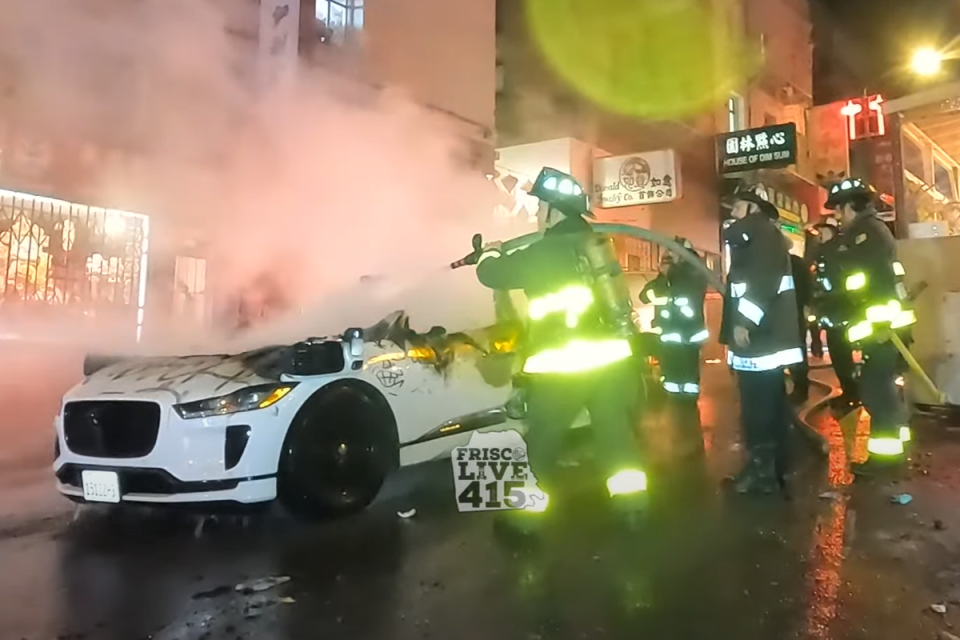Driverless Waymo taxis blocked from working in new cities after accidents

One of the world’s first fully-driverless taxi firms has been blocked from expanding its business in California, where several of its vehicles have recently been involved in accidents.
Waymo, which is the driverless car division of Google parent Alphabet, currently operates in parts of San Francisco. Attempts to roll-out its robotaxi service to Sunnyvale and Los Angeles were suspended for up to 120 days following a ruling by the California Public Utilities Commission’s Consumer Protection and Enforcement Division (CPED).
“This will provide the opportunity to fully engage the autonomous vehicle maker on our very real public safety concerns that have caused all kinds of dangerous situations for firefighters and police in neighbouring San Francisco,” David Canepa, vice president of the San Mateo County Board of Supervisors, wrote in a statement.
Waymo has experienced significant pushback since introducing its driverless taxis on public roads in San Francisco, with city officials blaming them for causing traffic and blocking emergency vehicles. Taxi driver unions have also warned that they will cost human drivers their jobs.
Earlier this month, a crowd surrounded an unoccupied Waymo taxi and attacked it after it reportedly was causing a holdup. Videos shared on social media showed people smashing the car’s windows, placing fireworks inside and torching it. Police are still investigating the incident.

The decision to suspend Waymo’s expansion comes just one week after Waymo was forced to issue its first recall for its fleet of self-driving cars.
The company blamed the recall on a “rare scenario” that saw two of its vehicles crash into the same truck within minutes of each other in Phoenix, Arizona.
This voluntary recall reflects how seriously we take our responsibility to safely deploy our technology and to transparently communicate with the public,” Mauricio Peña, Waymo’s chief safety officer, wrote in a blog post last week.
“As we serve more riders in more cities, we will continue our safety first approach, working to earn trust and foster transparent communication with our riders, community members, regulators, and policymakers.”

 Yahoo News
Yahoo News 
